Stem Cell Therapy For Joint & Spine Regeneration
Welcome to Joint Care Mia —where cutting-edge science meets personalized care. Whether you're dealing with
osteoarthritis (OA), joint de generation ,meniscus or ligament tears, tendinopathies, disc herniation, sciatica, facet joint syndrome, or sacroiliac (SI) joint dysfunction we’ve got you covered.
This guide breaks down our regenerative treatment options, how they work, and which approach may be the right fit to help you heal naturally, move better, and
avoid surgery.
Non-Surgical Treatments: Regenerate tissues naturally without surgery.
Personalized Care: Tailored therapies for the best results.
Treatment
Treatment Options at a Glance
At JointCareMia ®, we offer treatments like Wharton’s Jelly MSCs, Exosomes, BMAC, and PRP to treat osteoarthritis, joint tears, and disc degeneration. These non-invasive options support tissue regeneration, repair, and inflammation reduction.
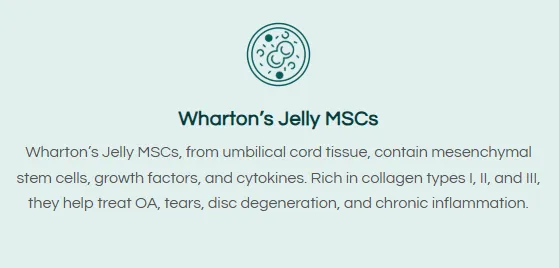
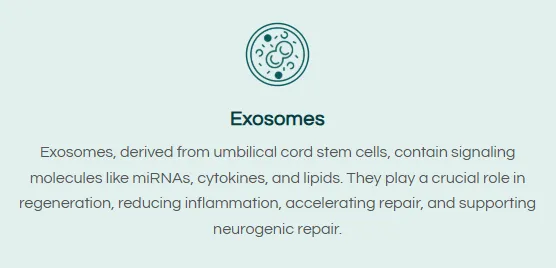
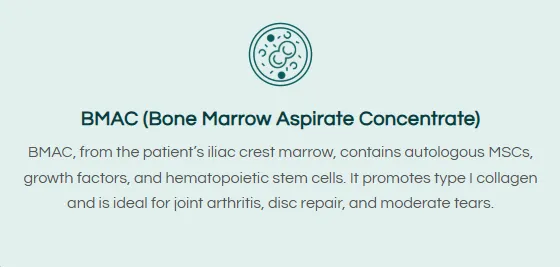
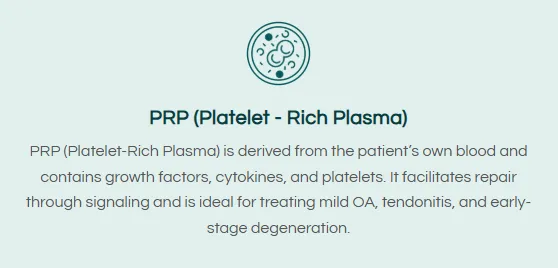
How It Works
How Each Therapy Works
Wharton’s Jelly MSCs, sourced from umbilical cord tissue, regenerate cartilage, ligaments, and tendons, promoting tissue repair. Exosomes act as messengers, activating the body’s repair mechanisms and reducing inflammation.
BMAC, from your own bone marrow, offers autologous treatment for moderate joint or disc issues. PRP, made from your blood, provides growth factors to support inflammation control and repair, ideal for mild OA and sports injuries. Each therapy boosts healing in different ways.
Wharton’s Jelly MSCs
What it is: Sourced from umbilical cord tissue (Wharton’s Jelly) donated after healthy, full - term births.
What it does: Provides high concentrations of young, multipotent mesenchymal stem cells (MSCs) that differentiate into type I, II, and III collagen — vital for cartilage, ligament, and tendon regeneration. These cells signal your body to repair damaged tissues like torn tendons, without altering your DNA or becoming permanent residents.
Ideal for: Moderate to severe OA, partial rotator cuff tears, spinal degeneration, and chronic joint inflammation.
Bonus: Low immunogenicity = no rejection. These cells don’t trigger an immune response.
Exosomes
What it is: Nano - sized vesicles released by MSCs during culture. They are not cells but act like messengers.
What it does: Sends “wake - up” signals to your body’s own repair mechanisms. They carry proteins, RNA, and growth factors that tell your cells to activate healing, reduce inflammation, and regenerate tissue. Think of them as the “text messages” between cells directing the healing process.
Ideal for: Enhancing stem cell therapy, reducing inflammation, and neurorepair (like spinal nerve root irritation).
Bonus: Accelerates healing without the risks of introducing new cells.
BMAC
What it is: A concentration of your own bone marrow, typically drawn from the back of your pelvis.
What it does: Contains your own stem cells, but in lower quantities and potency than Wharton’s Jelly. Differentiates mainly into type I collagen .
Ideal for: Patients wanting autologous treatment or with moderate joint or disc issues.
Limitation: MSC quality declines with age, so it's less ideal for older adults.
PRP
What it is: Your own blood spun down to isolate the healing components.
What it does: Provides growth factors that support inflammation control and cellular repair.
Ideal for: Mild OA, sports injuries, tendinopathies, and as a booster to stem cell treatments.
Limitation: No stem cells, no differentiation — purely signaling support. Commonly require more than one treatment to see results.
Good Candidate
Who is a Good Candidate?
Good candidates include men with mild to moderate vasculogenic ED, those seeking non-pharmaceutical solutions, and diabetics or post-prostatectomy patients (with clearance). It's ideal for those wanting to improve sexual function, stamina, and quality of life.
Ideal Candidates:
Diagnosed with OA (mild to severe)
Have ligament, meniscus, or tendon tears
Herniated disc or degenerative disc disease
Looking to avoid or delay surgery
Healthy enough for outpatient procedures
Not Ideal Candidates:
Active cancer or history of blood cancers
Uncontrolled autoimmune disorders
Active infection
Severe spinal instability needing fusion
Advanced joint destruction (bone - on - bone with instability)
Trust
How is the Product Manufactured
Wharton’s Jelly MSCs are ethically sourced from healthy cesarean deliveries with full maternal consent and undergo thorough screening for diseases and genetic disorders. The cells are isolated in sterile, cGMP-compliant environments, cultured in serum-free media, and tested for viability, purity, and genetic stability. Exosomes are extracted using ultrafiltration, ensuring high quality and no cellular material, reducing immunogenic risk. The final product is cryopreserved with >90% viability and full batch traceability.
Wharton’s Jelly MSCs–Sourcing and Processing:
Ethical sourcing from healthy cesarean deliveries with full maternal consent.
Donor screening : infectious diseases, genetic disorders, and lifestyle history (compliant with FDA, AATB, and AABB standards).
Tissue is collected in a sterile environment , immediately cryopreserved or transported to a certified lab.
Lab Processing & Quality Controls:
Isolation of MSCs in cGMP - compliant cleanrooms (Good Manufacturing Practice).
Cultured in xen - free, serum - free media (no animal - derived substances).
Cells are:
1. Viability - tested
2. Tested for endotoxins, bacteria, and mycoplasma
3. Characterized for MSC markers (CD 73+, CD90+, CD105+, CD45 - , CD34 - )
4. Karyotyped to confirm genetic stability
Final product : cryopreserved, viability >90%, batch traceability ensured.
Exosome Extraction:
Harvested from MSC cultures using ultrafiltration and size - exclusion chromatography
Verified for:
1. Particle count
2. Purity
3. Protein concentration (CD9, CD63, CD81 markers)
No DNA or cellular material – 100% cell - free, reducing immunogenic risk.


Is It Safe? Any Side Effects?
Wharton’s Jelly MSCs and exosomes are:
Non - immunogenic (you won’t reject them)
Non - tumorigenic (they don’t cause abnormal growths)
Anti - inflammatory (reduces need for steroids)
Mild risks include:
Injection site soreness
Temporary swelling
Low - grade fever (rare)
No long-term adverse effects reported in clinical trials or in - practice use.
Our Clinic: Where Innovation Meets Comfort
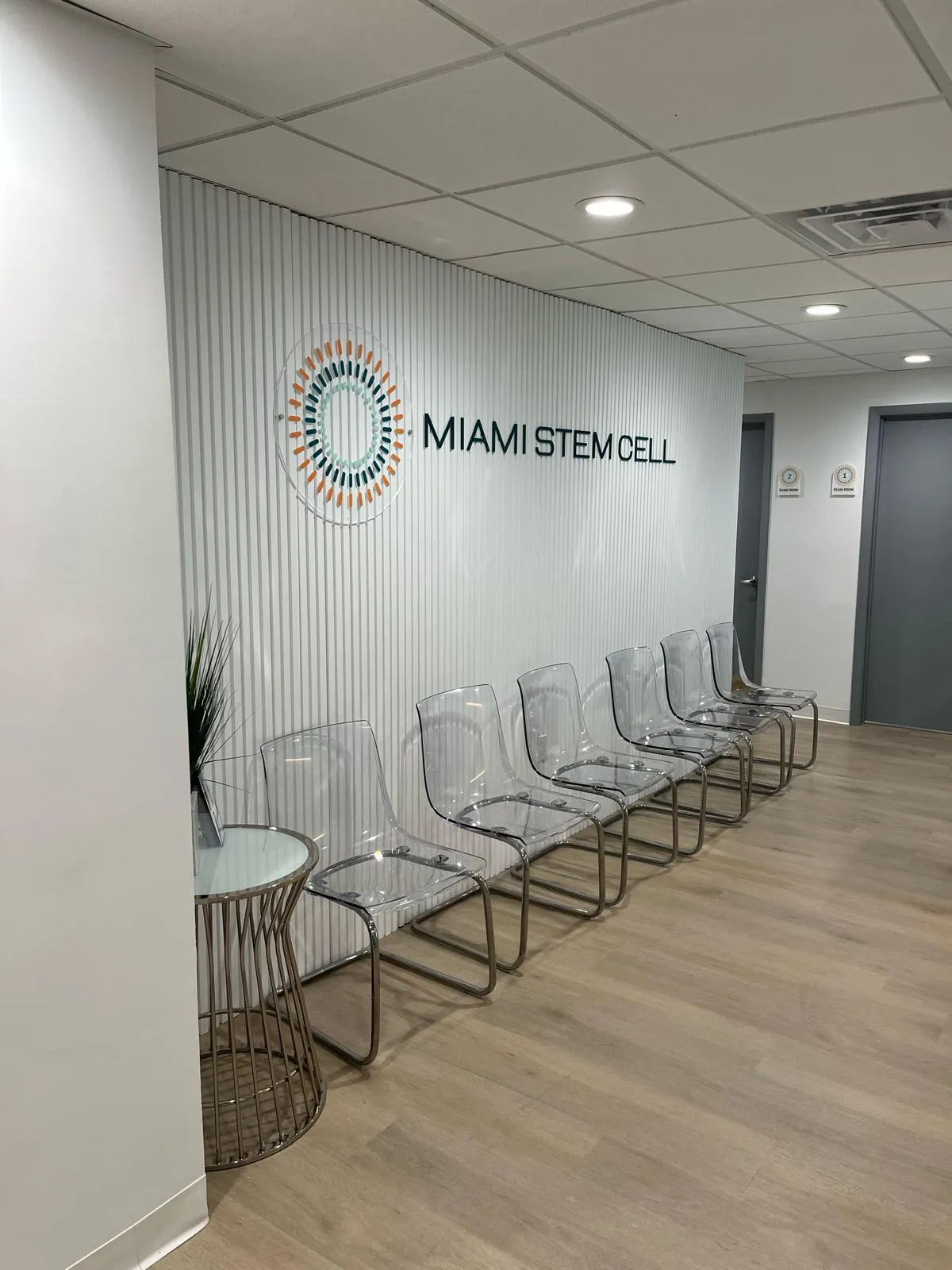
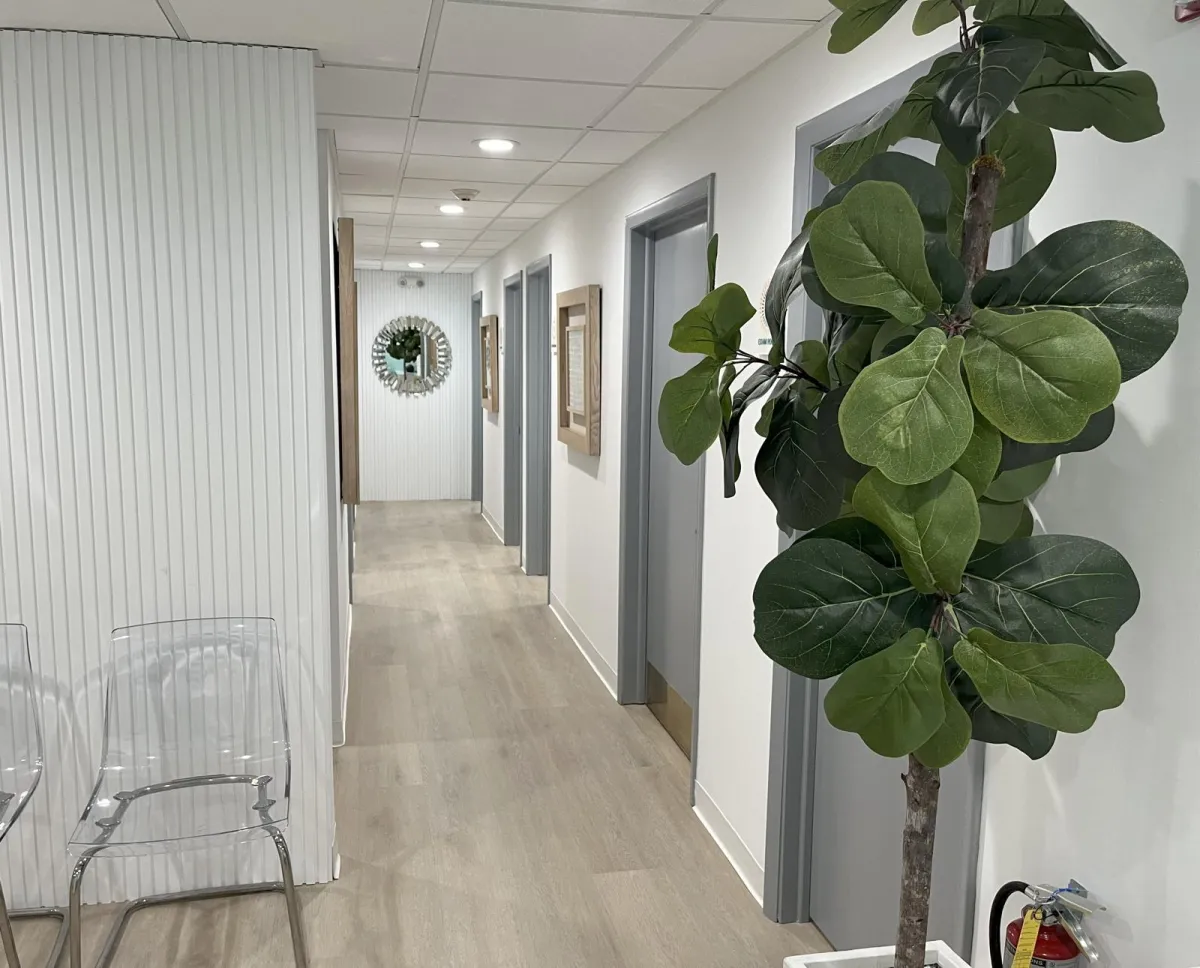
Welcome to Our Clinic: Where Innovation Meets Comfort Nestled in the heart of South Miami, our clinic at 7330 SW 62nd Pl, Suite 320A, South Miami, FL blends cutting-edge regenerative medicine with a warm, welcoming environment. From the moment you walk through our doors, you’ll experience a space designed for both healing and comfort — clean, modern, and focused entirely on your wellness journey.
Come visit us and discover a clinic where science, comfort, and compassion meet — right here in South Miami.
Ready to Restore Your Joint Health?
Take the first step toward pain relief and better mobility! At JointCareMia ®, our team of experts is here to help you explore innovative, non-surgical treatments tailored to your needs.
Final Thoughts
Your Path to Natural Healing Starts Here
At JointCareMia ®, we combine science, skill, and integrity to help you regenerate instead of replace. Whether you’re trying to get back on the court, the job, or just pain-free walks, we’re here to guide you— with the most advanced tools available in modern regenerative medicine

Post-Treatment Care
Rest the arm for 48 hours; avoid overhead lifting for 2 weeks.
No anti - inflammatory medications (NSAIDs) for 2 – 4 weeks. They interfere with the regenerative process.
Begin physical therapy (gentle range of motion) after
7– 10 days, per physician guidance.
Follow - up ultrasound/MRI at 3 months to assess healing progress.
Approved
Is This FDA - Approved?
This treatment is regulated as a 361 HCT/P under Section 21 CFR 1271 .
Not FDA “approved” as a drug, but legal to use under homologous use and minimal manipulation rules.
Wharton’s Jelly MSCs + exosomes are processed in FDA - registered, AATB - certified, and cGMP - compliant labs .

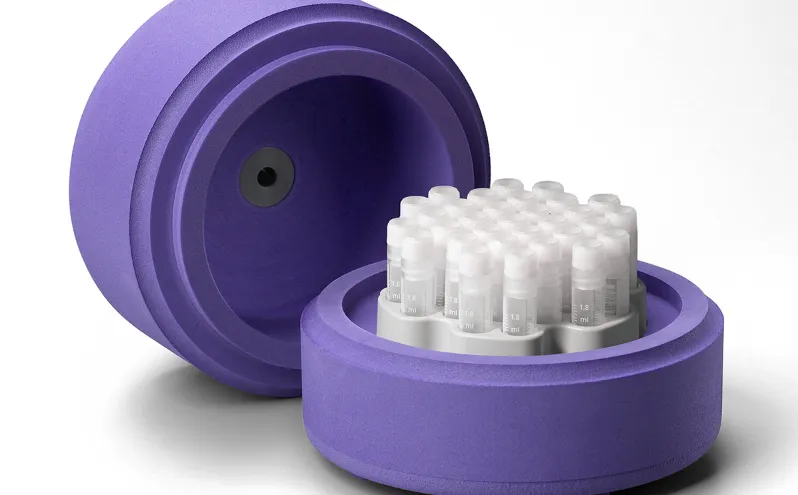
FLORIDA APPROVES SMC STEM CELLS FOR ORTHOPEDIC CARE
📢 Big News for Florida Patients!
As of July 1st, 2025, Florida now allows licensed providers to offer Mesenchymal Stem Cell (MSC) therapy for orthopedic conditions — legally and locally.
🔬 What Does This Mean for You?
You no longer have to travel out of state or overseas to receive regenerative treatments. JointCareMia® is proud to be at the forefront of this shift, delivering results for:
✅ Knees (osteoarthritis, meniscus tears) ✅ Hips & Shoulders (cartilage wear, labral tears)
✅ Spine (herniated discs, chronic low back pain)
✅ Tendons & Ligaments (sports injuries, sprains)
💡 Why MSC Therapy Works
MSC stem cells help your body heal from within by:
Reducing inflammation
• Stimulating tissue regeneration
• Supporting cartilage growth
• Improving mobility
• Delaying or avoiding surgery
🌟 Why JointCareMia?
✔️ Over 15 years of experience and 8,000+ successful stem cell procedures
✔️ Only using ethically sourced Wharton’s Jelly MSCs
✔️ Advanced combo therapies (laser, PRP, exosomes)
👉 Book a free consultation today and reclaim your mobility!

Book Your Free Virtual Consultation
Our team has pioneered regenerative medicine, completing over 8,000 stem cell procedures as
a successful alternative to surgery. JointCareMia specializes in treating hair loss and pain-related issues using advanced stem cell and exosome therapies


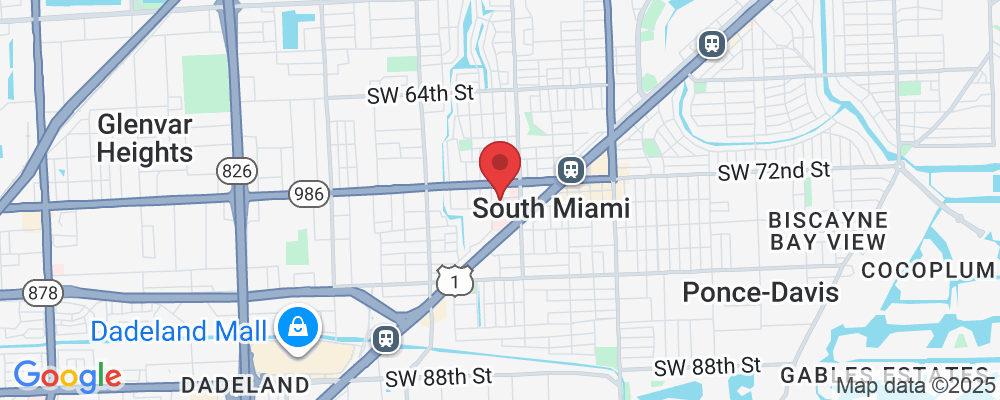
Facebook
Instagram